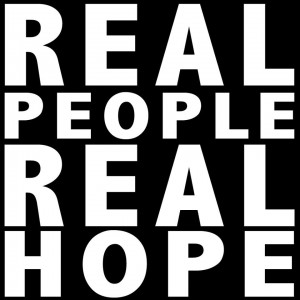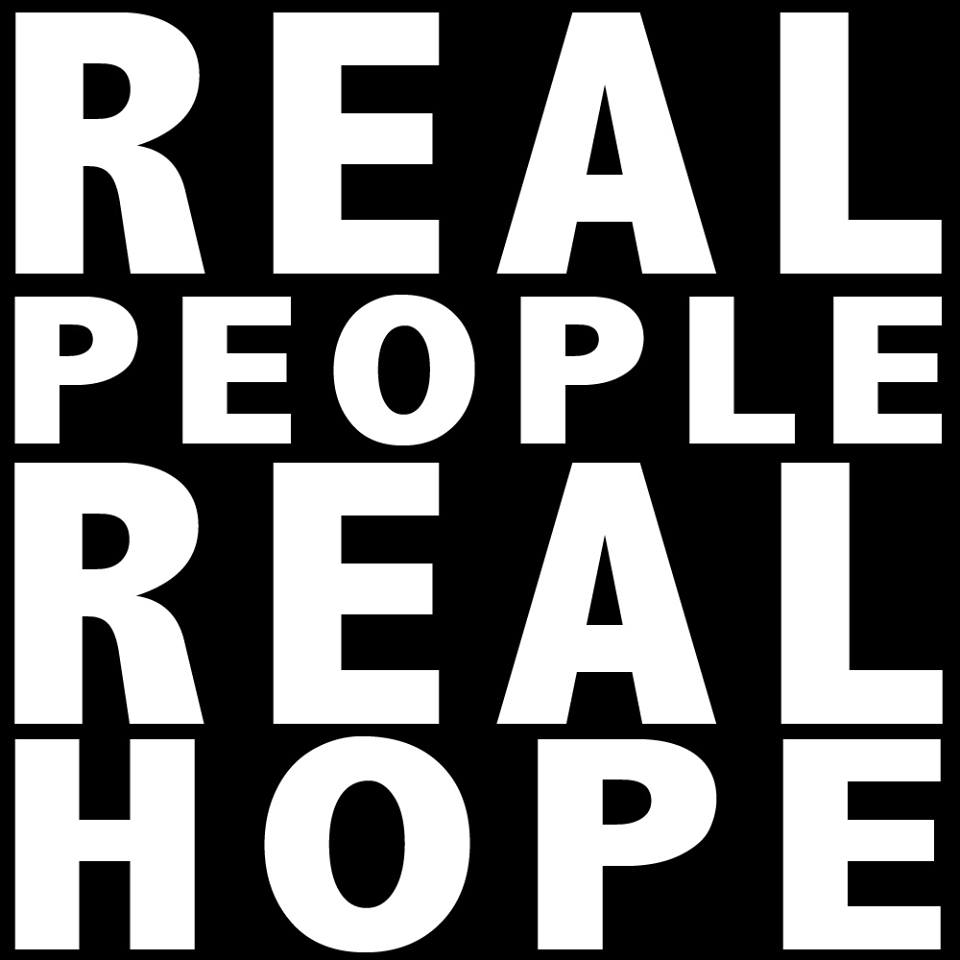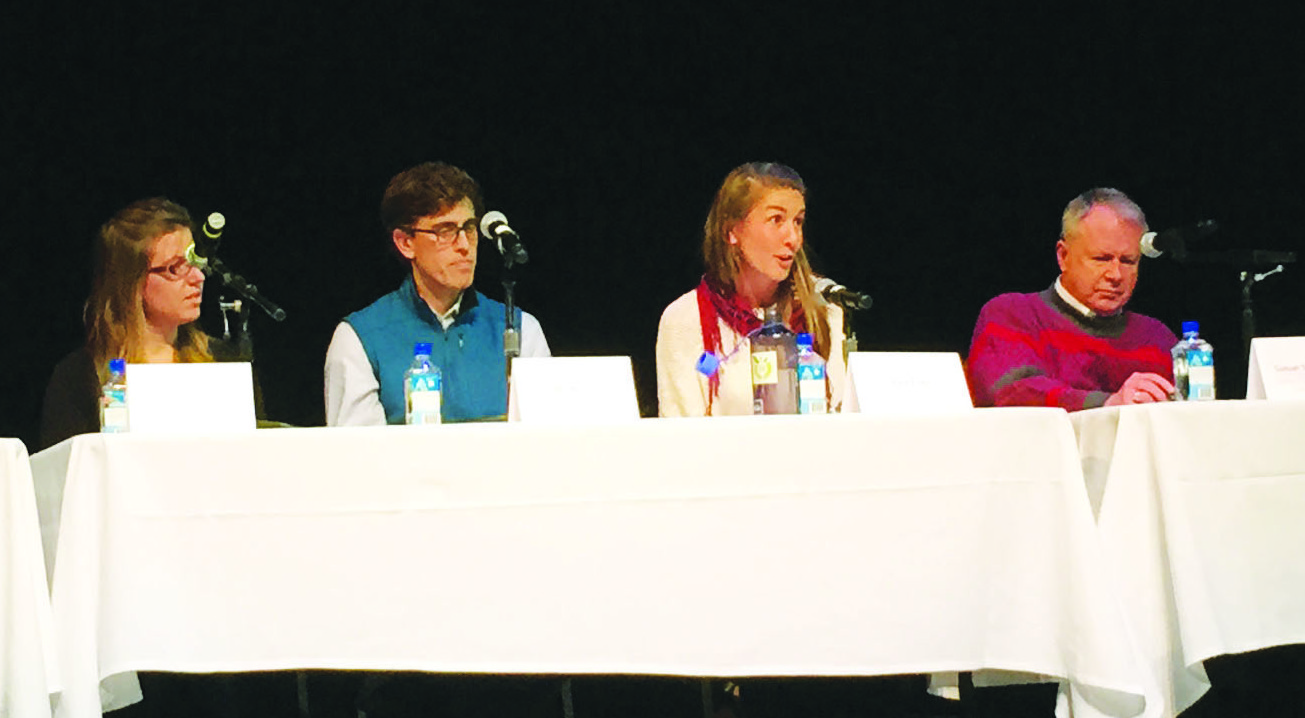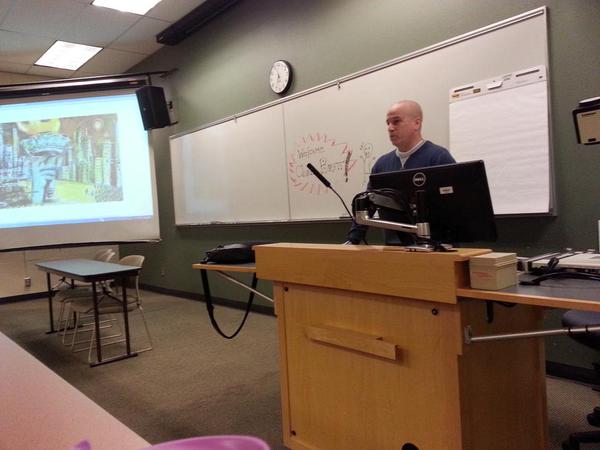Pacific Lutheran University students from a communication 344 class are trying to raise awareness for undocumented students by producing a documentary.
 The film, “Real People, Real Hope,” is meant to help people better understand the trials and tribulations that undocumented students must go through to attend school and acquire citizenship in the United States.
The film, “Real People, Real Hope,” is meant to help people better understand the trials and tribulations that undocumented students must go through to attend school and acquire citizenship in the United States.
PLU senior and producer Shunying Wang said, “We want to educate people on this issue [immigration] and create a support system for PLU’s undocumented students.”
After the multimedia class watched the 2013 film “The Dream is Now,” Professor of Communication Joanne Lisosky assigned the class a similar documentary with a strong PLU focus.
Wang said she was very moved by the film and wanted to have a major role in the production of PLU’s version of the movie.
The filmmakers launched “Real People, Real Hope” after learning from the Office of Admission that there were several students on campus who were brought to the U.S. illegally as children, two of whom wanted to be in the movie and talk about their experiences.
Wang said people often criticize these students for being in the U.S. illegally and said she really wanted people to know they don’t feel like they are taking anyone’s spot.
“They had to work really hard to get here, in most cases 10 times harder than normal students,” Wang said.
Almost all undocumented students are here because their family brought them to the U.S. at a young age.
“They didn’t have a choice,” Wang said. “Even if they didn’t want to come, they weren’t given a choice.”
In 2003, Washington state Governor Gary Locke signed House Bill 1079, allowing students who have been in the U.S. for at least three years to have resident status while attending public colleges within the state. This enables students to pay the cheaper in-state tuition prices, making school much more affordable.
Almost 10 years later, President Obama signed a memo calling for deferred action for certain undocumented young people who came to the U.S. as children and have pursued education or military service. Deferred Action for Childhood Arrivals, or DACA, is a temporary pledge to not deport young people who are actively pursuing school or military careers.
“Even though there have been steps taken to help these students, they still face hardships that most students never will,” Wang said. “Every undocumented student that we have interviewed said they wanted to be strong for all of those who are afraid to come forward.”
The Real Hope Act, which Washington state Governor Jay Inslee singed into law Feb. 26 of this year, allows undocumented students to apply for state need grants to help pay for college.
Most Washington politicians have been supportive of the Real Hope Act, but State Senator Brian Dansel, D-Ferry County, voted against it because he said it “condones illegal activity.” Supporting this act, Dansel said, undermines the work border patrol does.
While Dansel said he has sympathy for illegal immigrants because they can’t find work in the U.S., he also said the act is not legally sound. The U.S. should reward immigrants for actually going through the system in order to be a U.S. citizen, Dansel said.
“I hope this documentary gives people a sense of what it means to be undocumented,” Wang said.
Wang also said it takes a lot of courage for these students to be in the film, because while students are protected from deportation by Washington state, their families are not. By admitting they are illegal immigrants, they indirectly admit they most likely have family who are also illegally living in the U.S. who rae not protected under deferred action.
“We had to weigh the risks against the benefits of making this documentary,” Wang said. “We have made them aware of the very real consequences, and in the end, they decided they wanted to come forward and use their real names and show their faces on camera.”
Wang said she believes if the undocumented students do all the same things as U.S. citizens, like paying state taxes, then they too deserve to be citizens.
“Real People, Real Hope” will premiere in Ingram 100 May 2 at 6 p.m. The documentary also has a Facebook page with a movie trailer and information about the film.
“Many are here [in college] because at one point they spoke up and told someone,” Wang said. “We aren’t trying to convince anyone of anything, we are simply trying to educate. I want people to know their struggles so they can celebrate in their success.”
 Campus Safety Incident Reports
Campus Safety Incident Reports Watch Now
Watch Now


















